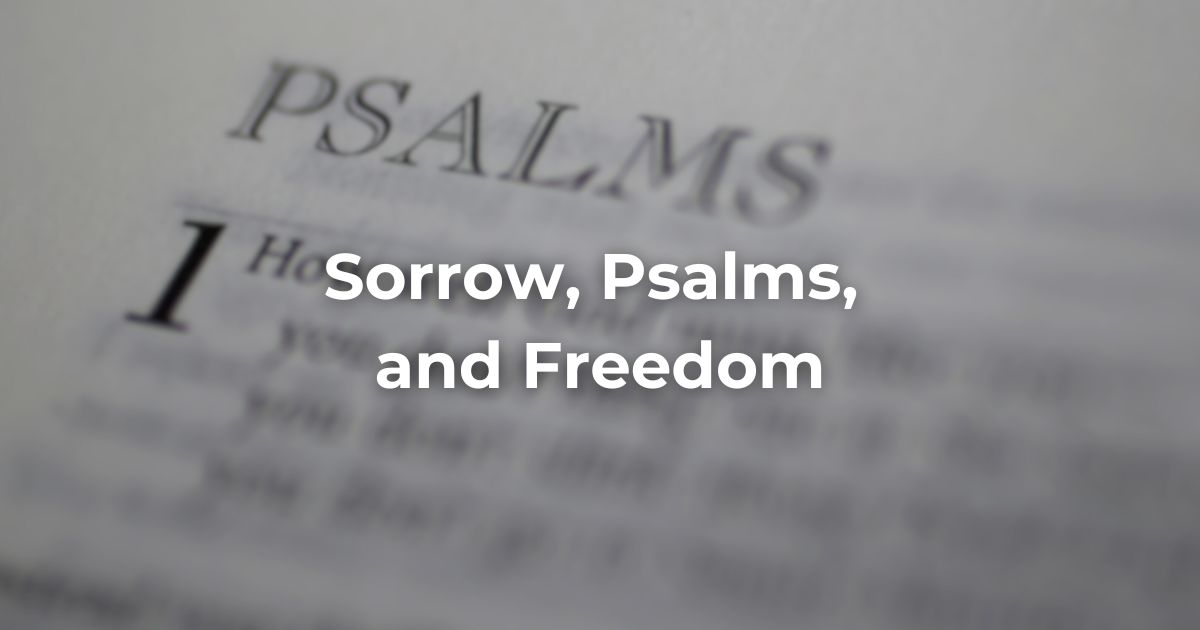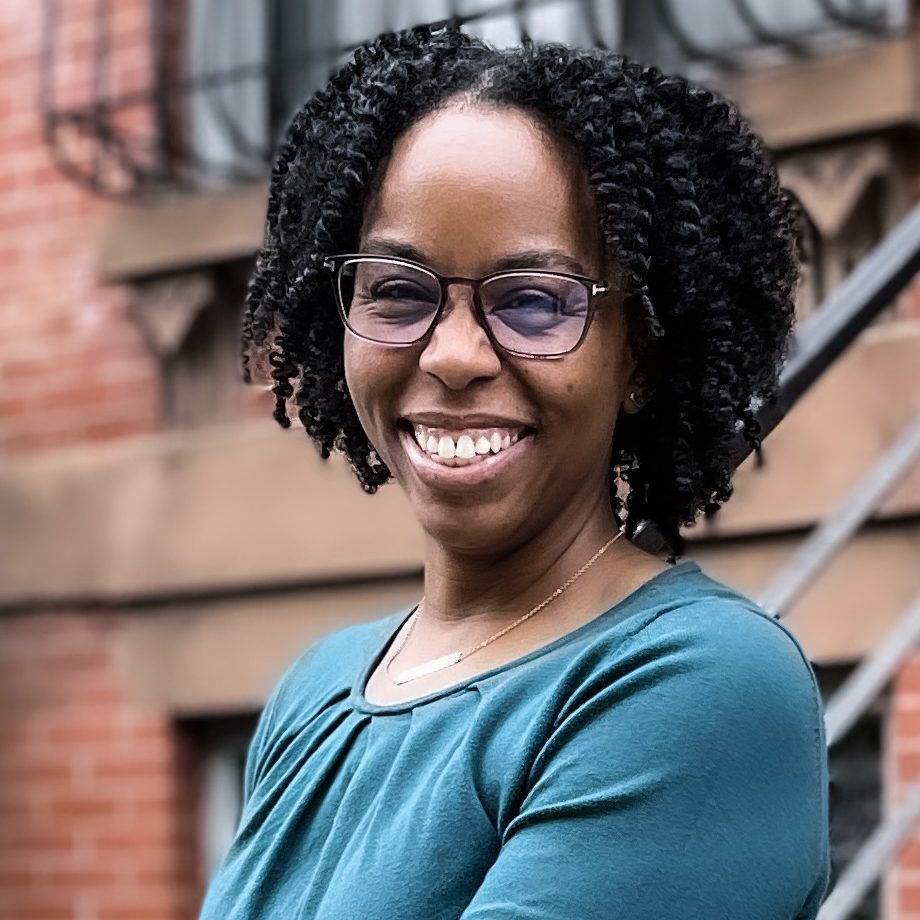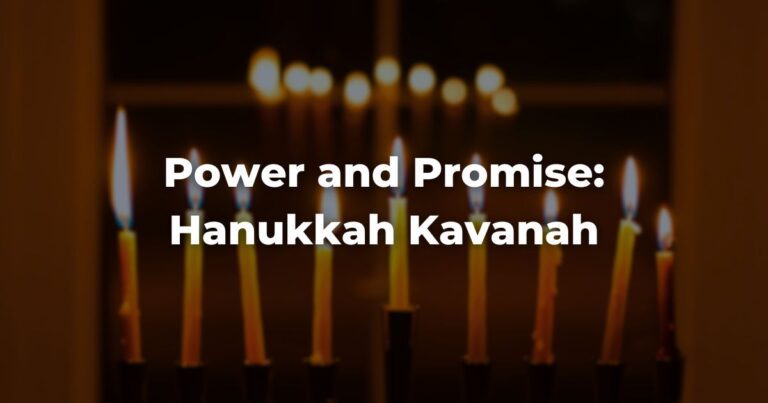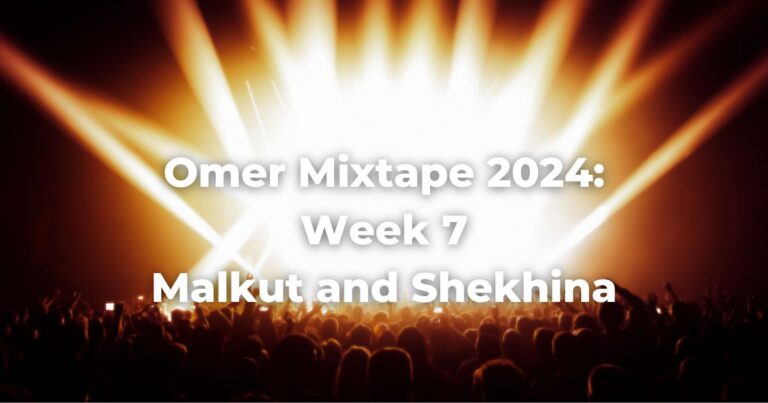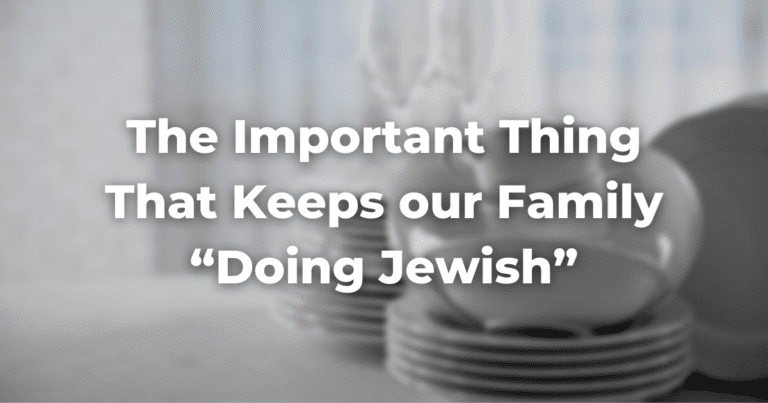In 5784, Juneteenth falls on a Wednesday. The Psalm of the day (Psalm 94 and the first lines of Psalm 95) is full of hope of a redemptive time when the oppressors will be given their just deserts. After reading it, we have no doubt that our Divine Creator is here to protect us and that serves to quell many of our anxieties.
In 2018, a copy of the Slave Bible: Select Parts of the Holy Bible for the use of the Negro Slaves in the British West-India Islands was found, and in it was discovered that the Psalms were redacted.
The hopefulness that we rejoice in throughout our Jewish liturgical week was feared by the enslavers to inspire revolt among those they had enslaved. Therefore it was removed from the version that this group of enslaved people was given to read; lest they get the idea that they were Divinely ordained to be free.
In this version of the “Slave Bible” almost the entirety of the Exodus story was also removed which is a foundational story to two intersections of my identity with Moses on one side and ‘Grandma Moses’ on the other.
As a Black Jew, my own initial instinct was to try to find a verse that these two parts of my identity had in common. Many hymns felt more like songs of sorrow that lamented the plight of the reality of enslavement rather than the joy in the faith of seeking freedom.
As an American society, we are still working to make sense of this difficult time period in our history, and as Jews, we are grappling with our historical proximity to it. It is only natural that in this searching, we are looking for points of connection between Juneteenth and our Jewish tradition.
I was reminded of a speech by Frederick Douglass that I find myself coming back to every couple of years: What to the Slave is the Fourth of July. I was drawn to his use of the imagery from Psalm 137 as a call to action. In his speech, Douglass says:
“By the rivers of Babylon, there we sat down. Yea! we wept when we remembered Zion. We hanged our harps upon the willows in the midst thereof. For there, they that carried us away captive, required of us a song; and they who wasted us required of us mirth, saying, Sing us one of the songs of Zion. How can we sing the Lord’s song in a strange land? If I forget thee, O Jerusalem, let my right hand forget her cunning. If I do not remember thee, let my tongue cleave to the roof of my mouth.” (Psalm 137:1-6)
Fellow-citizens; above your national, tumultuous joy, I hear the mournful wail of millions! whose chains, heavy and grievous yesterday, are, to-day, rendered more intolerable by the jubilee shouts that reach them. If I do forget, if I do not faithfully remember those bleeding children of sorrow this day, “may my right hand forget her cunning, and may my tongue cleave to the roof of my mouth!” To forget them, to pass lightly over their wrongs, and to chime in with the popular theme, would be treason most scandalous and shocking, and would make me a reproach before God and the world.
My subject, then fellow-citizens, is American slavery. I shall see, this day, and its popular characteristics, from the slave’s point of view. Standing, there, identified with the American bondman, making his wrongs mine, I do not hesitate to declare, with all my soul, that the character and conduct of this nation never looked blacker to me than on this 4th of July!
What, then, to the Jewish person is Juneteenth?
Perhaps it is a day when we can sit in the knowledge of the full story of redemption that is tied to our origin and the power that that knowing has given us. Perhaps it is a day when we remember not to forget the responsibility that freedom affords us and to lament that it was withheld from this group of formerly enslaved people. How different might our own story be if we were robbed of the ability to teach it to our children?
To paraphrase Psalm 94:19, what if, in the moment when our anxieties increased within us, the consolations of the Divine weren’t there to cheer our souls because, in the moment of Revelation, we were only given a tenth of our scripture and did not know that it was our destiny to be a free people?
On Juneteenth, we mark the moment when the last of a people, who had already been redeemed, learned both that they were free and that their oppressors had kept them in bondage until they were legally forced to let them go.
On this day, one part of me will read: “had not the Lord been my help, I should soon have dwelt in the silent grave” with the belief that “when I thought my foot was slipping, Your loving-kindness, Lord, supported me.” (Psalm 94:17-18) Through Douglass’ lens, another part of me will read Psalm 137 and rejoice in the security that my faith brings me; knowing that I get to have it in its totality.
I invite you to read Douglass’ speech while holding these two Psalms in juxtaposition.
I challenge you to allow yourself to feel the pain and tension between hope and reality in his words.
Until the celebration of Juneteenth becomes normalized, we will continue to struggle with figuring out how to commemorate it since it does not come with the pre-packaged rituals that we are used to with other American holidays.
As a Conservative Jewish movement on its own communal inclusion journey, we are resolved that Juneteenth evokes our values of Tzedek and Tikkun Olam. It is in that vein that we will continue to use our new tools to inspire us to find ways to honor Juneteenth in the way that it deserves, and I believe that we will find the ‘right’ practices that will settle in our souls and feel like they’ve always been there.
Author
-

Rabbi Heather Miller is a school leader and President of the Flatbush and Shaare TorahRefers to the first five books of the Hebrew Bible, the Tanakh, also called the Five Books of Moses, Pentateuch or the Hebrew equivalent, Humash. This is also called the Written Torah. The term may also refer to teachings that expound on Jewish tradition. Read more Jewish Center. She is passionate about creating embracing spaces for all of the intersected identities in both the religious and secular parts of her life. Rabbi Heather merges her skill sets as a USCJ Board member and with other organizations. She is honored to have been selected as one of NY Jewish Week’s 36 to Watch 2023 and to have had her work featured in the nationally syndicated PBS show Table for All with Buki Elegbede. Her favorite role is as the mother of three amazing boys who are descended from both freed slaves and Holocaust survivors.
View all posts

